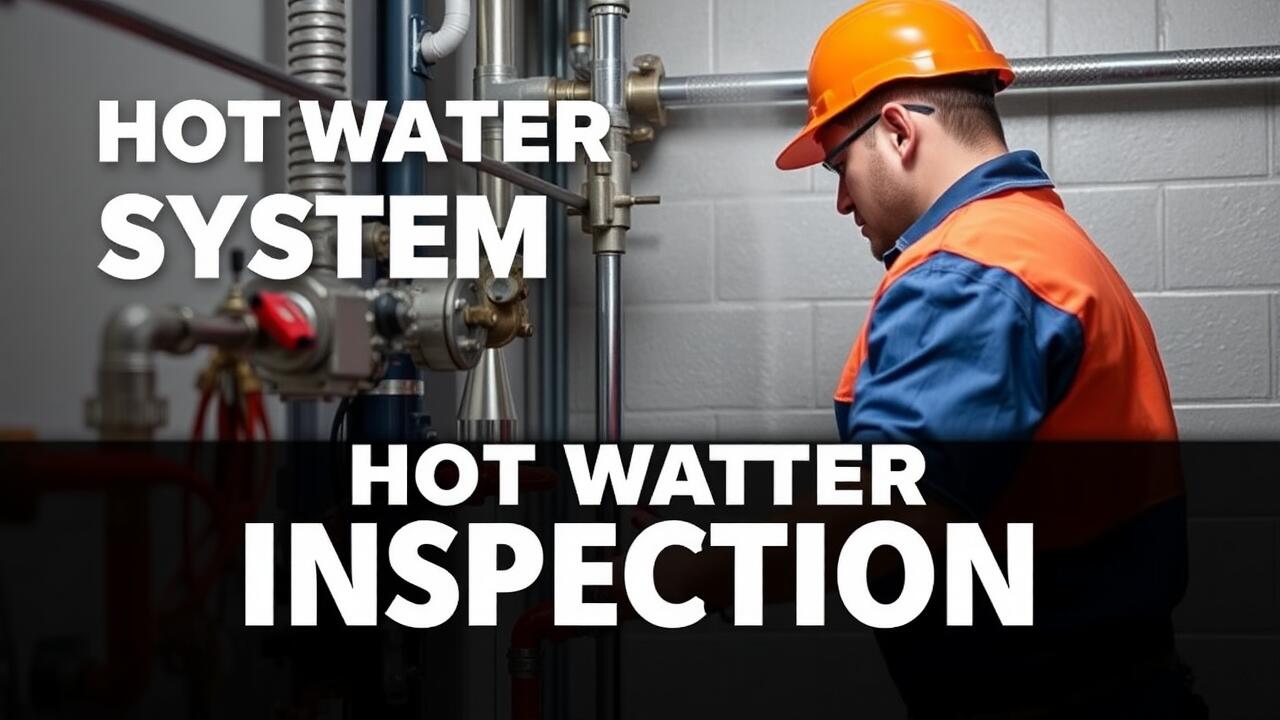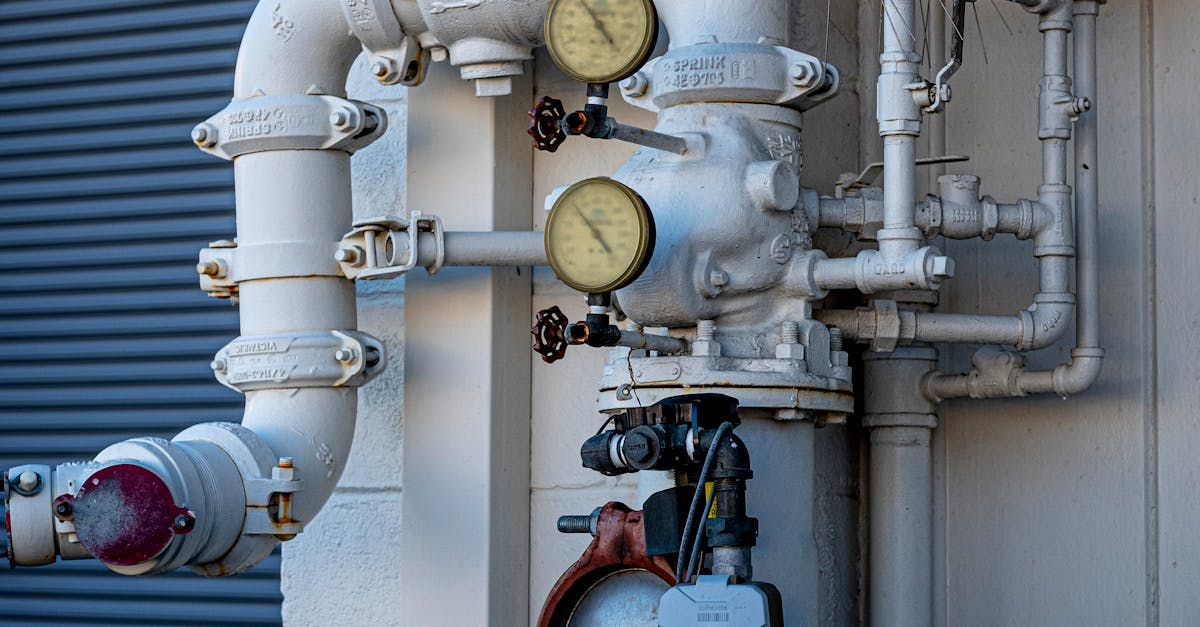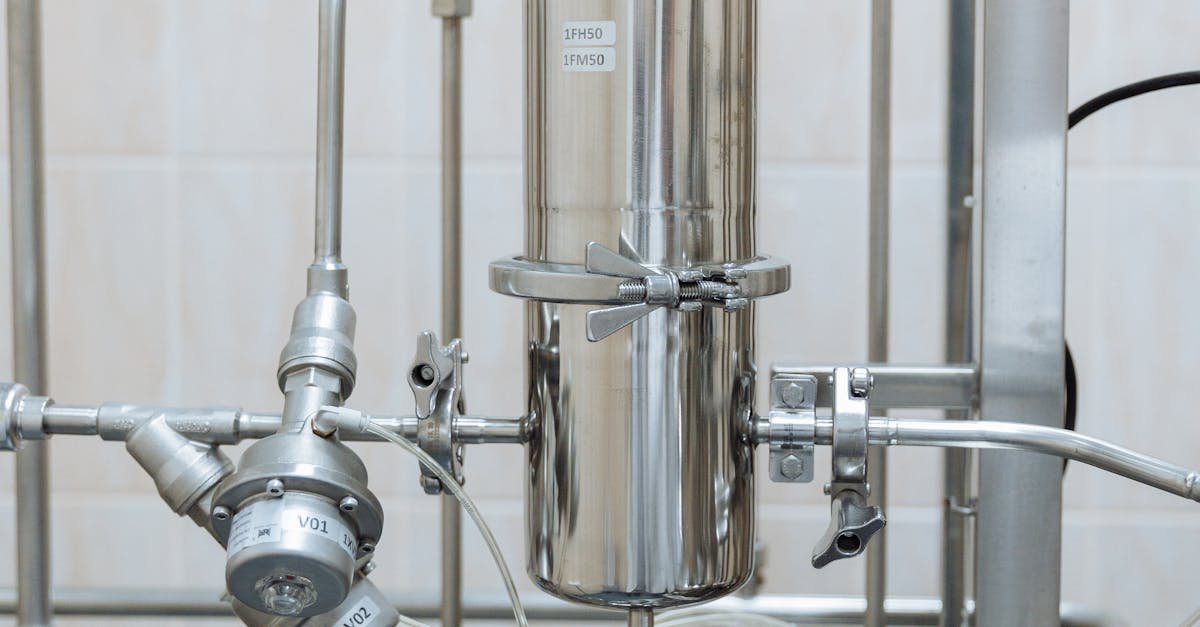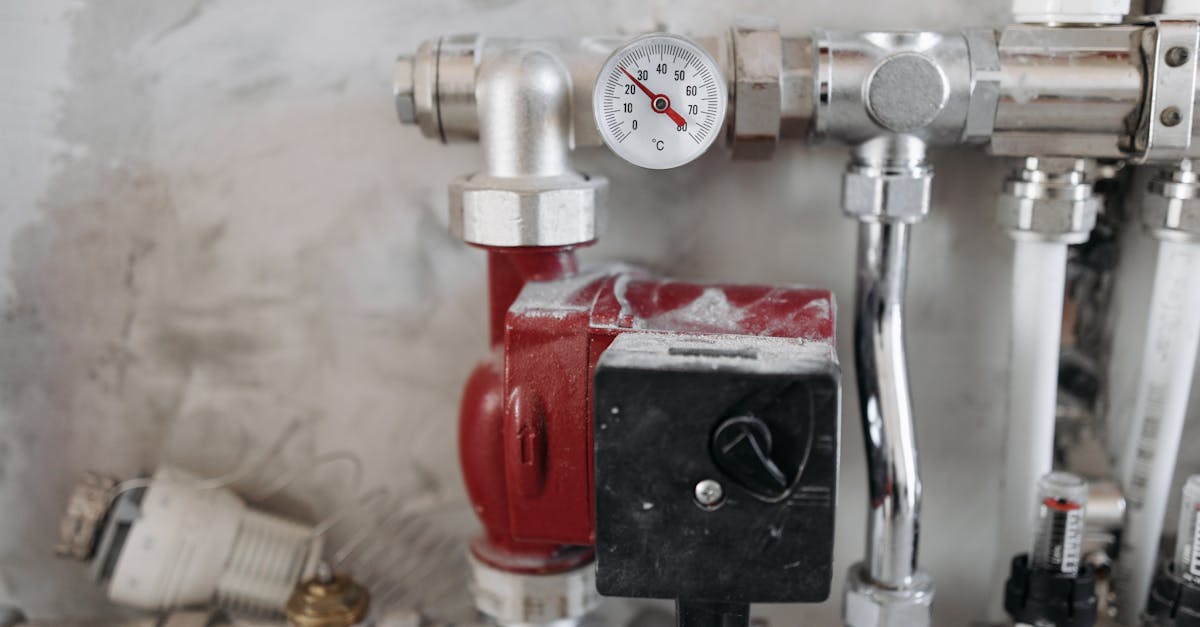
Table Of Contents
Maintenance Requirements for Electric Hot Water Systems
Electric hot water systems generally require less frequent maintenance compared to their gas counterparts. Homeowners should plan for regular hot water system inspections to ensure optimal performance. These inspections can help identify issues like sediment buildup or rust, which can affect efficiency and longevity. Routine checks of the heating elements and thermostat settings are also essential to maintain proper operation and avoid unexpected breakdowns.
In addition to inspections, flushing the tank annually helps remove sediment accumulation that can hinder performance. Checking the anode rod periodically is crucial as well, since it protects the tank from corrosion. Proper maintenance needs to be part of a homeowner’s routine to maximize efficiency and extend the lifespan of the electric hot water system.
Common Maintenance Tasks
Regular maintenance is vital for ensuring the efficiency and longevity of electric hot water systems. Basic tasks often include checking for mineral buildup in the tank, inspecting the heating elements for wear, and testing the thermostat for accurate temperature regulation. These simple inspections can help identify any potential issues before they turn into costly repairs.
Hot Water System Inspections play an essential role in maintaining optimal performance. A thorough examination typically covers electrical connections and safety features, ensuring that everything operates safely and effectively. Keeping a maintenance schedule can also aid in prolonging the lifespan of the system, which ultimately contributes to lower operational costs over time.
Environmental Impact of Gas vs. Electric Systems
The environmental impact of gas and electric hot water systems can vary significantly. Gas systems often emit carbon dioxide and other greenhouse gases during operation. This contributes to air pollution and global warming. In contrast, electric systems can be cleaner depending on how the electricity is generated. Renewable energy sources such as solar and wind can power electric water heaters with little to no emissions.
Hot Water System Inspections play a crucial role in assessing the environmental footprint of both systems. Regular inspections can identify potential leaks or inefficiencies in gas systems, which may lead to increased emissions. For electric systems, ensuring that they are optimized for energy efficiency can help reduce overall electricity consumption, thereby minimizing the environmental impact associated with power generation.
Carbon Footprint Considerations
The carbon footprint of a hot water system varies significantly between gas and electric options. Gas systems generally produce direct emissions from the combustion of fossil fuels. This contributes to greenhouse gas emissions and climate change, raising concerns for environmentally conscious consumers. Electric hot water systems rely on the source of electricity, which can be cleaner if sourced from renewable energy. Understanding these dynamics helps households make informed decisions based on their environmental impact.
Hot water system inspections play a crucial role in assessing efficiency and emissions. Regular inspections can help identify potential issues that may cause excessive energy consumption or increase emissions in gas systems. For electric systems, the efficiency of the energy source must be evaluated. Making informed choices about the type of hot water system also involves awareness of local energy sources and their implications on the overall carbon footprint.
Availability of Resources
Access to energy resources can significantly affect the choice between gas and electric hot water systems. In many areas, natural gas supplies are well-established, with pipelines delivering gas directly to homes. This accessibility often makes gas systems viable options for homeowners. On the other hand, regions where electricity is the primary energy source may find electric hot water systems more efficient and practical. Homeowners should consider their local infrastructure and energy availability when making their decision.
Regular maintenance, including Hot Water System Inspections, is essential regardless of the system type. Gas systems may require more frequent checks on gas lines and emissions, while electric systems should be inspected for electrical connections and refrigerant levels. Both systems demand an understanding of local resource availability to ensure optimal performance and compliance with safety standards. This awareness enhances the longevity and efficiency of the chosen hot water system.
Natural Gas vs. Electricity Access
The availability of natural gas and electricity can significantly influence the choice between gas and electric hot water systems. In many urban areas, natural gas is commonly supplied through pipelines, providing consistent access. However, in remote locations, gas infrastructure may be limited, necessitating reliance on electric systems. This discrepancy can affect the overall efficiency and cost of running these systems.
Hot water system inspections can determine not only the operational efficiency but also reveal potential issues related to access. Homeowners should consider local energy resources and the associated costs of installation and maintenance. Understanding the accessibility of each energy source is essential for making informed decisions regarding long-term usability and expenses related to hot water systems.
FAQS
Which is cheaper to run, gas or electric hot water systems?
Generally, gas hot water systems tend to have lower operating costs than electric systems, particularly in areas where natural gas is readily available and less expensive than electricity.
How do the maintenance requirements differ between gas and electric hot water systems?
Electric hot water systems typically require less maintenance compared to gas systems, which often need regular checks for gas leaks, venting issues, and burner cleaning.
What are the environmental impacts of gas versus electric hot water systems?
Electric hot water systems can be more environmentally friendly if powered by renewable energy sources. However, gas systems usually produce lower carbon emissions at the point of use, though their overall environmental impact depends on how the gas is sourced and processed.
How does the availability of resources affect the choice between gas and electric hot water systems?
If natural gas is readily accessible in your area, a gas hot water system may be more cost-effective. Conversely, in regions where electricity is cheaper and more available, an electric system may be preferable.
Are there any long-term cost considerations when choosing between gas and electric hot water systems?
Yes, while gas systems may have lower operational costs, the initial installation costs can be higher. Additionally, factors like energy price fluctuations, potential maintenance needs, and system longevity should also be considered when evaluating long-term costs.





























